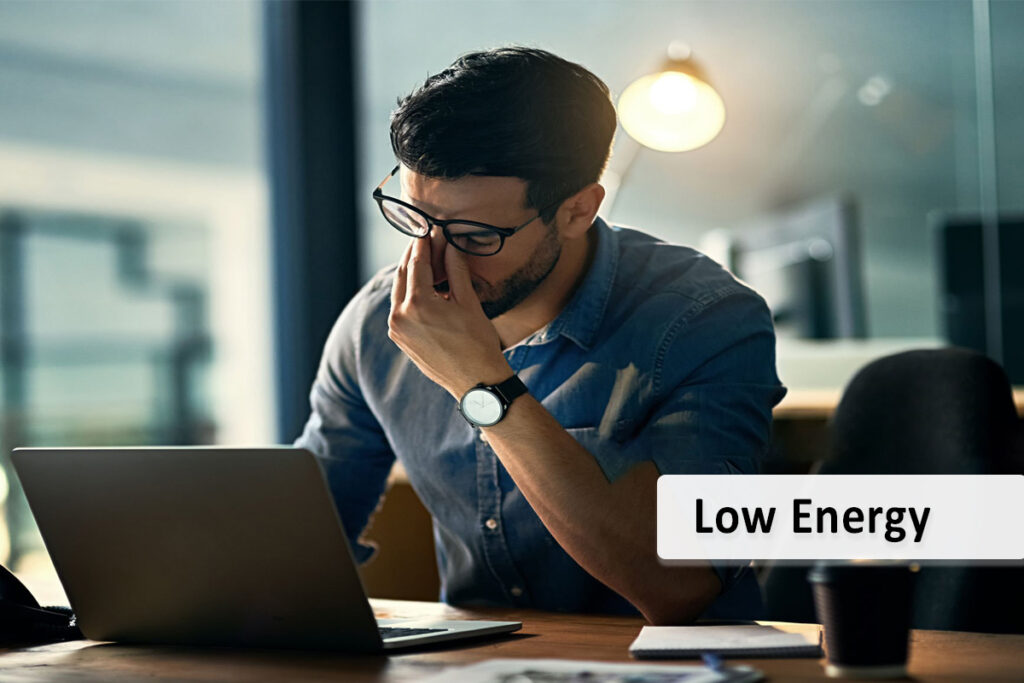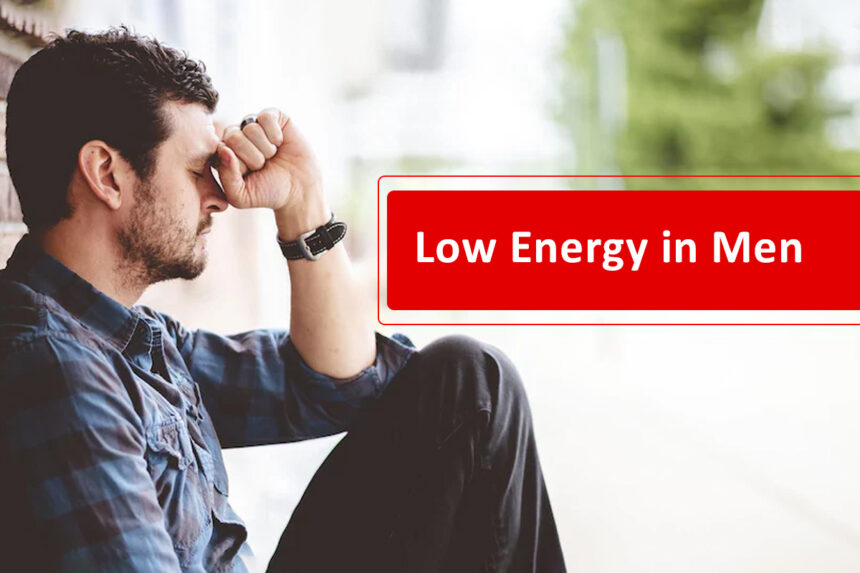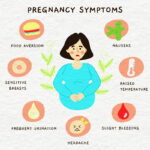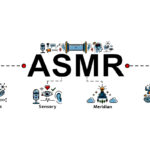You need energy to do anything & everything. But a lot of men struggle with the harmful impacts of low energy. It affects their relationships, work, and general quality of life. Every area of a man’s life, from the boardroom to the bedroom, can be negatively impacted by low energy. In this post, we find out the various causes of low energy in men, look at its widespread impacts. And offer practical solutions to restore their energy and vitality.
What is Low Energy in men?
Low energy is a common problem that affects men of all ages and backgrounds. It is often associated with tiredness, a lack of interest and lack of motivation. Although temporary fatigue is common, but continuous low energy can seriously limit daily activities and negatively impact general well-being. It’s important to distinguish between long-term low energy, which continues despite getting enough rest and relaxation. And temporary tiredness, which can be caused by stress or physical effort.
Factors Contributing to Low Energy in Men
There are various causes of low energy in men let’s discuss them. And they are:
- Nutritional Deficiencies:
Men who consume poor diets lacking in vitamins, minerals, and antioxidants can experience fatigue and exhaustion. Low energy levels can be caused by insufficient consumption of iron, magnesium, vitamin B & D, and energy metabolism-impairing cellular function.
- Sedentary Lifestyle:
Energy levels are negatively impacted by the inactive lifestyles of modern times. They are marked by extended periods of sitting, little exercise, and excessive screen time. Regular exercise is necessary for promoting circulation, strengthening the heart, and raising general energy levels.
- Sleep Deprivation:
Restorative energy, brain health, and general well-being all depend on getting enough quality sleep. But a lot of guys have trouble sleeping because of stress, work responsibilities, or sleep disorders including apnea and insomnia. The body’s biological cycle is upset by prolonged sleep deprivation, which results in daytime weariness and decreased attention. - Stress and Mental Health:
Men who experience long-term stress, anxiety, or depression may have low energy levels and tiredness. And its’ both an emotional and physical level. Extended stimulation of the stress response system in the body can result in adrenal burnout and exhaustion. And that worsens symptoms of slowing down and exhaustion.
- Hormonal Imbalances:
The main sex hormone in men, testosterone, is essential for controlling mood, desire, and energy levels. Decreased energy, less muscular mass, and less vigor can be caused by declining testosterone levels. As they are commonly linked to age or underlying medical issues.
- Medical Conditions:
Low energy can be a symptom of a number of medical problems, including diabetes, hypothyroidism, anemia, and chronic fatigue syndrome. Men who are feeling chronic fatigue should get a full medical evaluation to determine and treat any underlying health conditions.

Effects of Low Energy in Men
Low energy in men has multiple negative effects in man. And those effects are:
- Impaired Performance:
Being low on energy can negatively impact memory, focus, and cognitive function. And that can lower productivity at work, school, or in daily duties. Men may find it difficult to make correct decisions, maintain attention, or meet deadlines. As a result, it can lower productivity and lower job satisfaction.
- Strained Relationships:
Low energy and tiredness can affect relationships with other people. Thereby, resulting in irritation, breaks in communication, and an overall decrease in emotional connection. Males may feel lonely and alone since they don’t have the drive or energy to interact with others.
- Diminished Physical Health:
Men are more prone to disease and infection because of compromised immune systems caused by chronic exhaustion. Low energy can also discourage men from exercising and remaining physically active regularly. And that increases their risk of obesity, cardiovascular disease, and other chronic illnesses. - Psychological Impact:
Prolonged exhaustion can worsen depressive, anxious, and worried feelings, which can have a negative impact on mental health. Men may feel powerless or sad, which creates the never-ending cycle of low energy and emotional misery.
Strategies to overcome low energy in men
- Balanced Nutrition:
For long-lasting energy, one must opt for a nutrient-rich diet. It should include fruits, whole foods, veggies, lean proteins, healthy fats, and complex/refined carbs. Make iron, vitamin D, B vitamins, and antioxidant-rich foods a priority to promote energy metabolism and fight fatigue.
- Regular Exercise:
Including regular exercise in daily activities is important for maximizing energy and developing general wellbeing. Strengthening, stretching, and cardiovascular workouts should all be combined to improve energy, endurance, and stamina. - Prioritize Sleep:
Developing sound sleeping practices is important for preventing weakness and restoring energy. For the most restorative sleep, aim for more than 7+ hours of quality sleep each night. Keep a regular sleeping schedule, and improve your sleeping environment.
- Stress Management:
To reduce the negative effects of long-term stress on energy levels. Practice stress-reduction things like muscle relaxation, yoga, deep breathing exercises, and mindfulness meditation. Take part in activities that boost emotional health and relaxation.
- Hormonal Evaluation:
If you’re having symptoms of low energy. You can get tested for hormones by a healthcare professional to find out what your testosterone levels are. And whether you have any kind of hormonal abnormalities. To maximize hormone levels and reduce exhaustion, changes in lifestyle or hormone replacement therapy may get advised. - Treat Underlying Health Issues:
To find and treat any underlying medical disorders causing low energy, receive a medical assessment. To effectively manage symptoms and improve overall health results, follow to the treatment suggestions provided by medical professionals.
- Hydration:
Ensure you are hydrated properly by consuming a lot of water throughout the day. Maintaining a proper fluid balance is important since dehydration may increase fatigue and affect cognitive performance.
Conclusion
Low energy in men is a challenging situation. Several variables, such as lifestyle decisions, dietary habits, sleep habits, and hormone balance influence it. Men can efficiently increase their energy levels and regain their vitality and vigor. By using an all-encompassing strategy that includes healthy nutrition, regular exercise, adequate sleep, stress management, and medical examination. Making healthy habits and self-care a priority are important measures to maximizing energy and improving the general quality of life. Know that proactive health management and thoughtful lifestyle choices are the first steps toward sustainable energy.
FAQs
Q1: What causes low energy in men?
Ans: Men who have low energy is because of insufficient exercise, high stress, and poor sleep. Reduced energy levels can also be caused by underlying medical issues, poor nutrition, and hormonal abnormalities. It is best to speak with a medical professional for specific advice and a proper diagnosis.
Q2: what are causes of extremly low energy in men?
Ans: Its’ causes are:
Poor diet
Extreme dehydration
Excess physical work
High stress
Very little sleep
Diseasaes like anemia, cancer, diabetes,
Low testosterone
Thyroid problems
Q3: How to overcome low energy in man?
Ans: Men with low energy can overcome it by getting sufficient quality sleep. Eating a nutritious, well-balanced diet, and exercising consistently. Getting back vitality and energy can also be helped by using relaxation techniques to manage stress. And by consulting a doctor for any underlying medical conditions.








